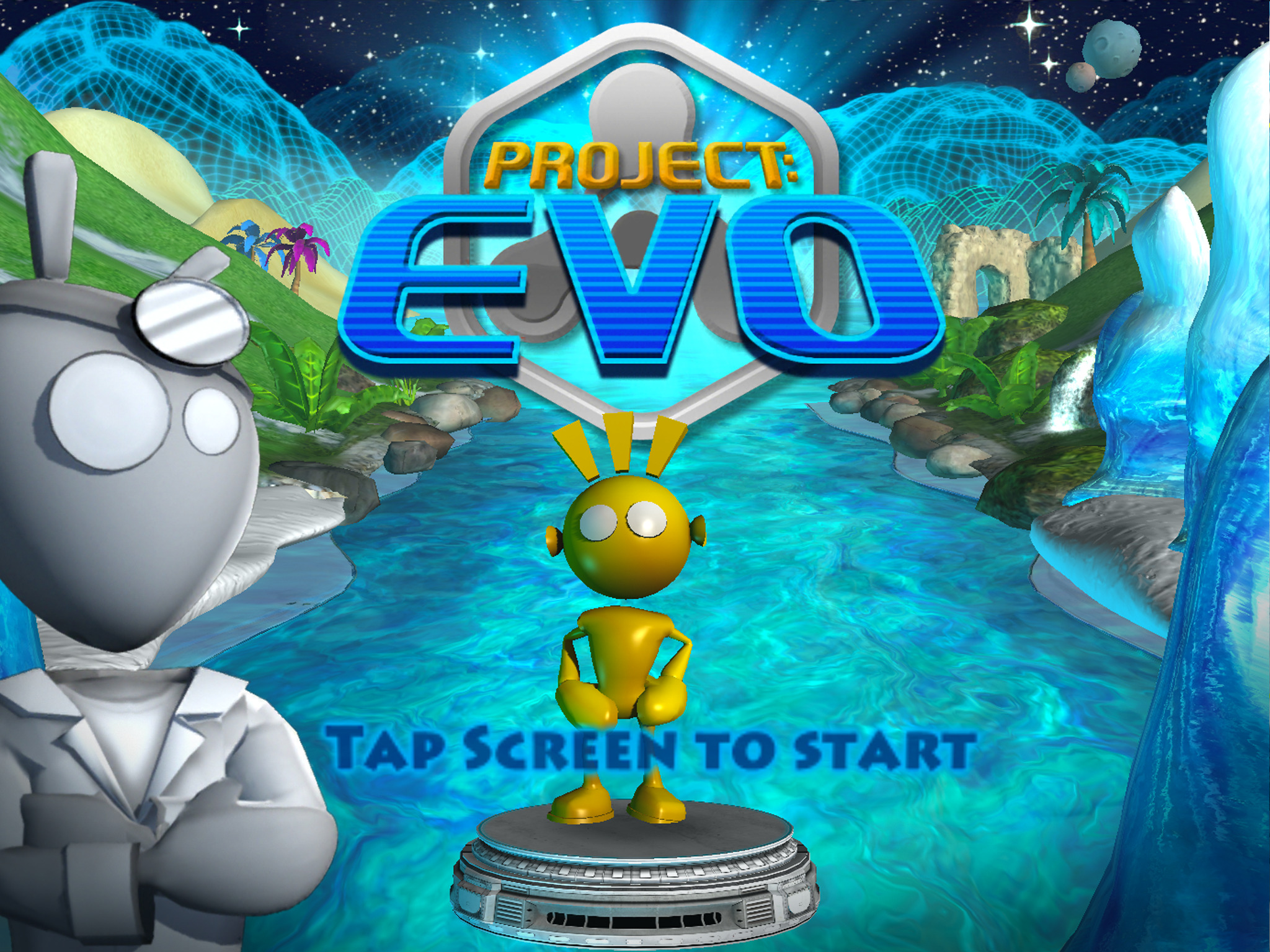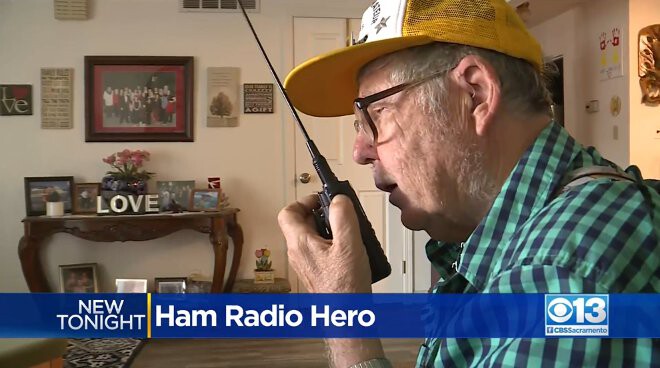Researchers Testing ‘Prescription Video Game’ to Help Covid Brain Fog
Researchers are testing a “prescription video game” that could potentially help people with ongoing memory and attention issues after having Covid-19. Many recovered patients complain of lingering confusion and difficulty focusing. In some cases, the symptoms are still around months after recovery.
But the EndeavorRX video game may help. The game, which is made by Akili Interactive, became the first video game to be approved by the Food and Drug Administration as a prescription medical treatment last summer. It was originally intended as a treatment for kids between ages 8 and 12 who struggle with ADHD.
However, Faith Gunning, a neuropsychologist at Weill Cornell Medicine in New York, thinks the video game can help other groups of people. She noticed that people who had Covid-19 experience some of the symptoms that the video game is intended to help.
Gunning pointed out that a high percentage of individuals who had moderate to severe cases of Covid-19 “had disturbances that ranged from mild to severe in their cognitive function” that included “disruption in attention and in the ability to do more than one thing at once” as well as “difficulty with working memory, which is the ability to hold information in your head while doing something else.”
So, Gunning is launching a study to test her theory that the video game can not only help children with ADHD, but adults with lingering Covid-19 symptoms as well.
One group of people who have recovered from Covid-19 but still struggle with lingering cognitive problems will play the video game to see if their symptoms improve. They will be compared to a group of people who have also recovered from Covid-19 and still struggle with cognitive problems who do not play the game.
“We’re looking for two main outcomes: cognitive skills and daily functioning. Because really, that’s the goal. We’re talking about COVID-19 disrupting people’s ability to function in their everyday lives,” Gunning said.
In the game, players steer around a flying craft through various obstacle courses. They have to avoid fire pits, underwater mines, and other obstacles all while collecting specific targets. The game also uses algorithms that can adjust the difficulty level in real-time based on who is playing.
“The treatment programmed into the game was scientifically designed to challenge a child’s attention during treatment, requiring attention and focus on multiple tasks at the same time,” the game’s promotional copy reads. But Gunning is confident the game can be applied to adults as well.
“A video game is also scalable. It’s something that can be given to lots of people. We need things we can get out into the community. Even if it’s a small subset of people who had COVID-19, the sheer number of people who had COVID-19 means we need interventions that are effective and can be disseminated widely. We’re not going to have the workforce to have one-on-onecognitive intervention for all the people who were sick,” she said.









Recent Comments